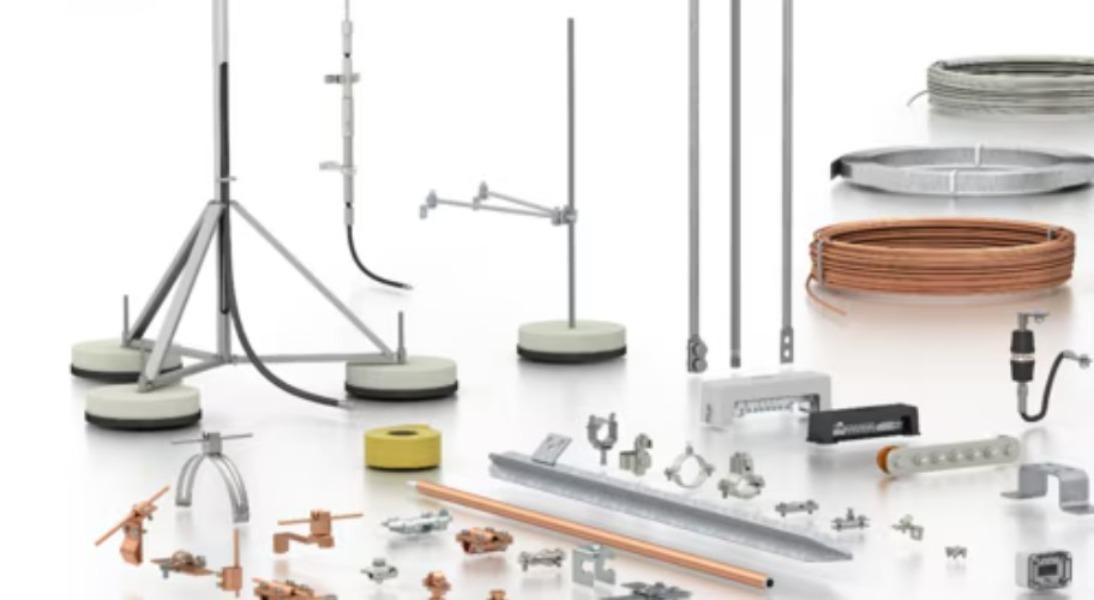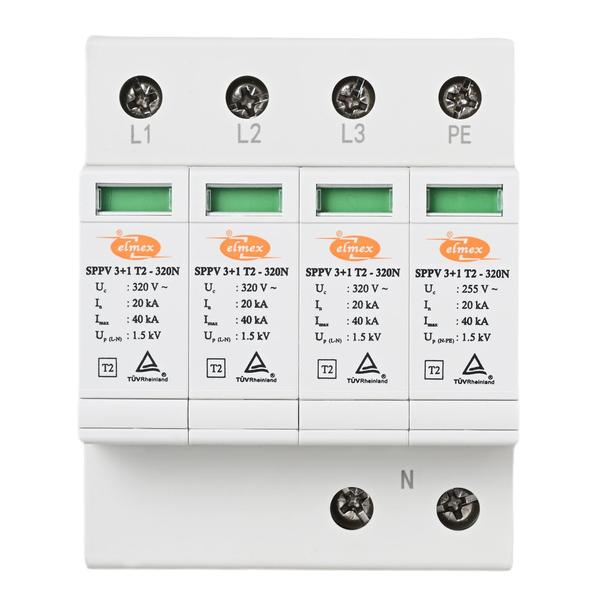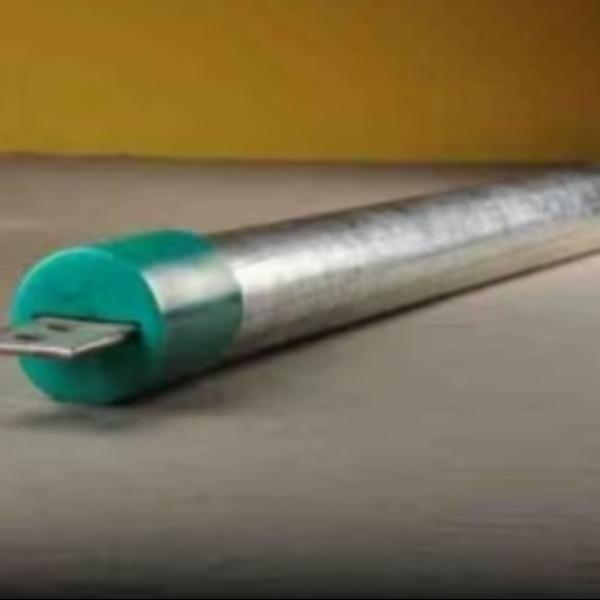Home
Power
Substation
Safety & Protection
Transmission & Distribution
General
Forum

Type your search query and hit enter:
HOME
ELECTRICAL EARTHING SYSTEM
Electrical Earthing System
Advantage and Disadvantage of Grounded and Ungrounded Neutral System

Neutral
If this is the first time for you then please read my previous post about Electric Earthing System. You will get enough ideas for installing an earthing system for your home and industry.
In this post, I am going to discuss the Ungrounded and Grounded Neutral System and there Advantage and Disadvantage and I will also discuss the preventive maintenance for the earthing system. So let’s go.
Ungrounded and Grounded Neutral System:
Generally earthing of neutral point of the transformer and the generator is called the system earthing. Now, if the neutral point for any system is connected to the earth then it will be called a grounded system.
But when the neutral for any system is not connected with the earth then it will be called the ungrounded system. Connecting the neutral point to the earth through resistance means resistance earthing and reactance earthing means connecting the neutral point to the earth through a resistance.
When the neutral point connected to the earth directly it will call solidly grounded.
Related: Underground Power Distribution System
The disadvantage of Ungrounded Neutral Earthing System:
System Voltage Increase: When the earth’s fault occurs in line then for a healthy line voltage will increase three times if its ungrounded system.
Protection Complicacy: In this system earth fault is not easy to sense and troubleshooting will become complicated.

Grounding
Arcing Ground: Sudden temporary fault can be caused by the failure of a branch creates an arc between the overload line and the ground. Arc extinguished and can restrict in a repeated regular manner. This is called arcing ground.
Static Induced Voltage: Overvoltage due to the static induced charges are not conducted to the earth.
Related: Methods of Electrical Earthing Systems
The advantage of Grounded Neutral Earthing System:
The System Voltage Will did not Increase in Case of Ground Fault: When the healthy line of a grounded system i.e earthed the voltage of the healthy line will not increase w.r .t earth as in the case of ungrounded earthing system.
Arcing Grounds are Eliminated: If the neutral point of the system is earthed then the distribute capacitive current from the lines to earth will be neutralized by the current from the neutral point to earth and the arcing grounds will eliminate.
It will be a stable neutral point.
The life of the insulation will increase.
Will get general safety to personnel and the equipment due to the operation of the fuses.
Overvoltage due to sudden lightning will be discharged to the earth.
Earth fault relaying will relatively simple.
Related: Why is Electricity Transmitted at High Voltage and Low Current
Preventive Maintenance for Earthing System:
The earth resistance must need to be checked a minimum two times in a year when it’s a dry season.
Earthing system should be checked periodically when there is any kind of wear or loose connection with earth continuity conductor (ECC) or earthing lead or the earthing bus bar. Any type of looseness must be eliminated.
It may need chemical treatment to the soil if the earth’s resistance is not sufficient or not desired level.
It may need to pour sufficient water to the soil around the earth electrode through a funnel of earthing system pit periodically if the soil is very dry.
Now if you find this post useful then please share with your friends and subscribe (newsletter) to our blog for the regular electrical update. If you want you can download our new Official Android App for keeping all-new articles in one place when you are offline. Thanks!
NEXTWhy Strong Magnetic and Electric Field Effect Come From Electrical Substation »
PREVIOUS« Major Technical Consideration During Earthing System
LEAVE A COMMENT
Leave a Comment
SOCIAL
TAGS:Maintenance for Earthing SystemUngrounded and Grounded Neutral System
RELATED POST
Pipe Electrode and Rod Electrode Types Earthing System
In this post, I will discuss the Pipe Electrode and Rod Electrode's types of earthing…
Why We Use Stone in Outdoor Electrical Substation?
Ok, you don’t need to be an Electrical Engineer to ask yourself that, Why They…
Introduction of Electrical Earthing System
Electrical Earthing is one of the most essential parts of electrical engineering. You may deal…
Methods of Electrical Earthing Systems
This is my second post about the electrical earthing system. In this post, I will…
Major Technical Consideration During Earthing System
If this is the first time for you then I will suggest you have a…
RECENT POSTS
INDUCTION HEATER
Explore The Pros and Cons of Using Electric Heaters
Electric heaters are truly a benefiting electrical device that has the function of converting a…
2 months ago
ELECTRICAL SAFETY
Explanation of Power Surge for House
Generally, a power surge can follow in any wire in your very new or old…
1 year ago
ELECTRICAL TRANSFORMER
Current Transformer – Need, Working, Types, and Losses
Current Transformers (CT) are the devices in which the secondary current used for calculation is…
2 years ago
GAS GENERATOR
How to Start and Stop MWM TCG 2020 V 16K Gas Engine Generator?
Recently we installed and commissioned 2nos MWM TCG 2020 V 16K Gas Generator in our…
2 years ago
VARIABLE FREQUENCY DRIVE
6 Tips to Choose The Right VFD For Your Electrical Application
If you own a manufacturing plant, a factory assembly line, or any other automated space…
3 years ago
GENERAL KNOWLEDGE
Top 10 Best College or University in India For Electrical Engineering
If you are planning to pursue Bachelor's in Electrical Engineering in India then we have…
3 years ago

t
ABOUT US | TERM & CONDITIONS | PRIVACY POLICY
© 2017 - 2022, By An Electrical Engineer




